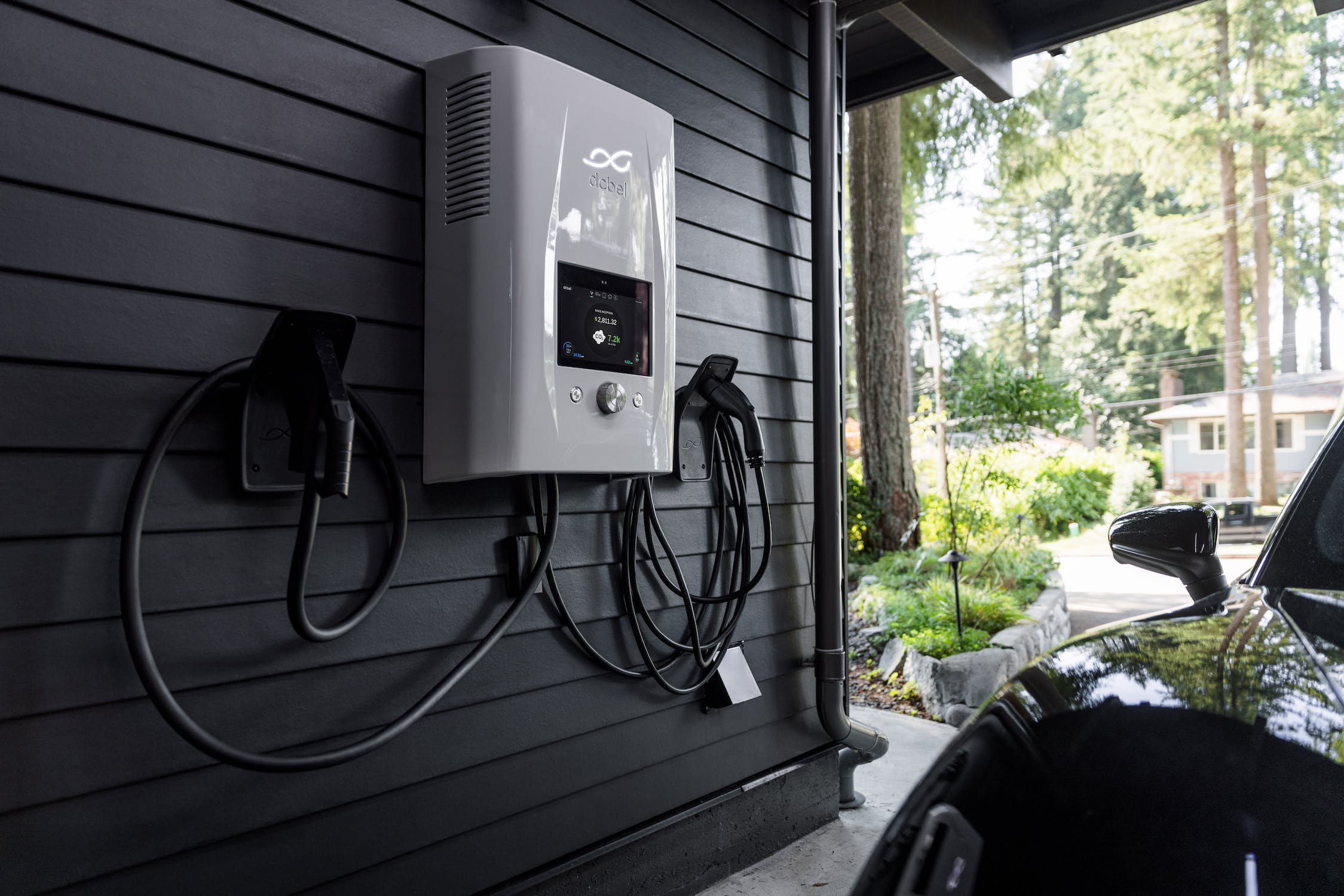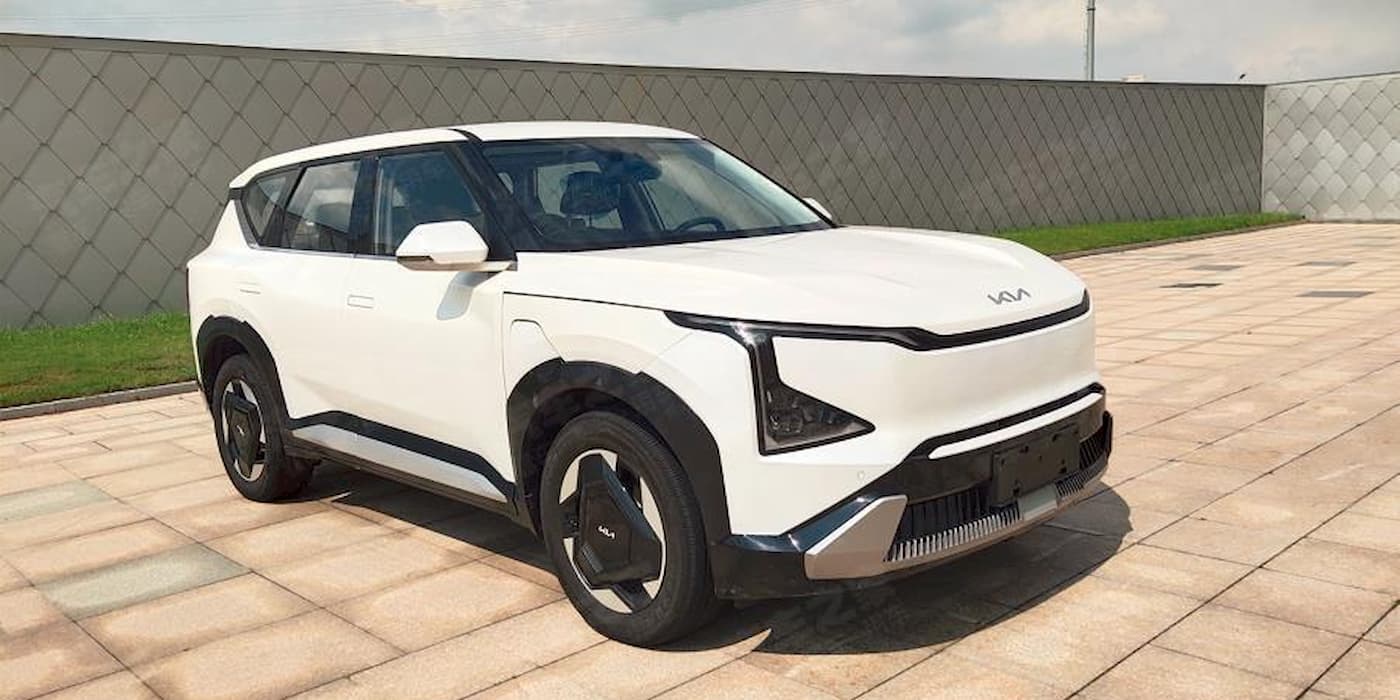Rohm Semiconductor, a Japanese semiconductor conductor manufacturer, is set to bolster its production capabilities with the acquisition of a manufacturing facility from solar technology firm Solar Frontier. The move aligns with Rohm’s strategic vision to ramp up silicon carbide power component manufacturing, catering to the burgeoning demand within the evolving e-mobility market.
The acquisition, slated for completion in October 2023, sets the stage for Rohm Semiconductor’s ambitious plans. The company’s new production facility, situated in Kunitomi, Japan, is poised to become its largest operational unit to date, empowering the company’s expansion efforts in the realm of silicon carbide power components.
See also: Chinese researchers developed electric vehicle that uses magnetic levitation technology
Rohm’s decisive step to acquire the facility is in anticipation of the persistent growth projected for the e-mobility sector, which encountered supply chain challenges exacerbated by the pandemic. Automotive and industrial sectors, driven by the imperative of reducing environmental impact and achieving carbon neutrality, are undergoing significant technological shifts, including electrification. These developments have led to an escalated demand for power and analog semiconductors, as highlighted in the company’s official press release.
Anticipating the need for sustained expansion, Rohm is proactively strategizing for the future. In the company’s own words, “[…] the ROHM Group intends to expand its production capacity continuously, particularly for silicon carbide (SiC) power devices, and ensure a stable supply to ROHM’s customers.”
The allure of silicon carbide lies in its remarkable conductive properties, propelling the production of power electronics chips that boast swift switching and minimal losses. Furthermore, SiC chips demonstrate enhanced thermal resistance, thereby enabling a higher power density in electronic systems. This directly translates to reduced conversion losses compared to traditional silicon (Si), ultimately leading to more efficient utilization of the stored energy in electric vehicle batteries. This advancement has the potential to extend the driving range or facilitate the use of smaller, lighter, and cost-effective batteries with unaltered performance.
Rohm’s strategic focus on silicon carbide semiconductors has garnered attention from major players in the electric vehicle sector. Notably, Vitesco Technologies, a notable supplier of drive systems, has committed to a substantial procurement of SiC semiconductors from Rohm for integration into electric vehicles. Another significant collaboration was established with Lucid Motors, a prominent electric vehicle manufacturer, which inked a supply agreement for silicon carbide semiconductors with Rohm in the preceding year.







